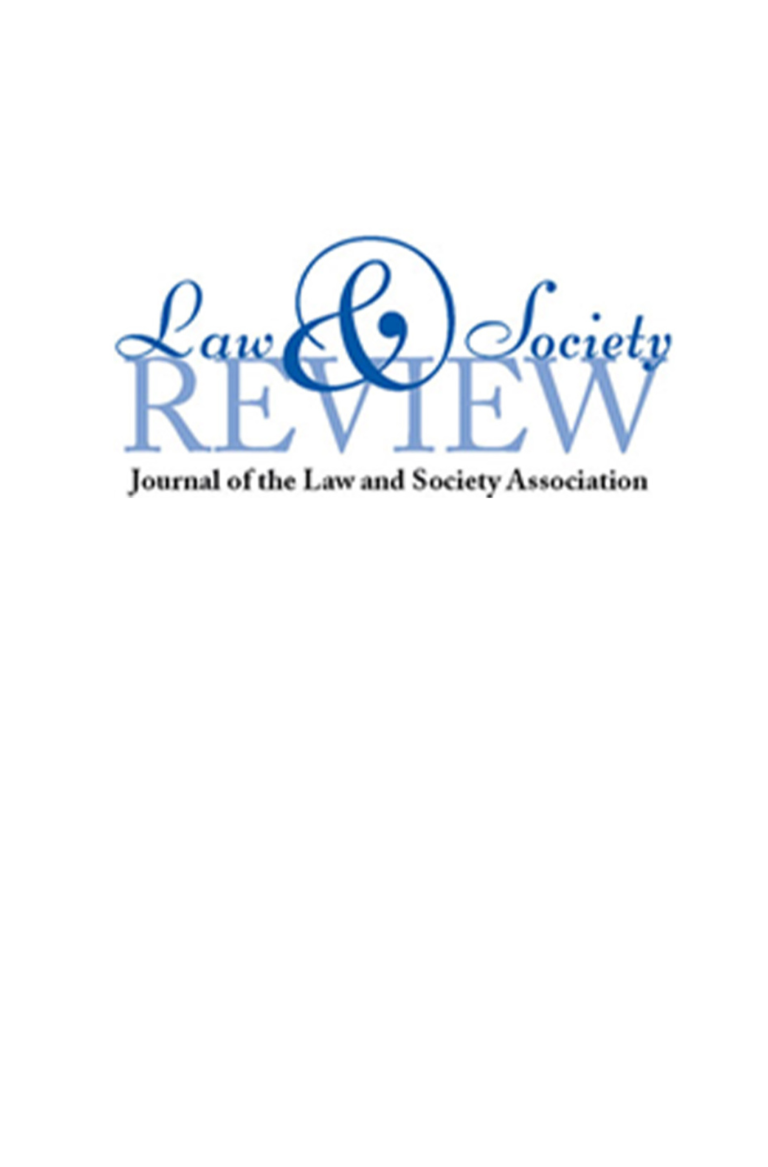What factors affect whether ordinary citizens believe that workplace decisions involving African-American employees rise to the level of discrimination? When do observers believe targets of possible race discrimination should consider mobilizing the law? We use a factorial design vignette study administered to a nationally representative sample of 2,087 ordinary people to address these questions. The “vigilance hypothesis” predicts that minorities will be more likely to perceive discrimination than whites.
Our analysis partially confirms this: African Americans perceive anti-Black discrimination at higher rates than do whites and Latinos, while Latinos do not show a significant difference from whites. Where respondents believe discrimination occurred, we analyze what influences whether respondents might recommend legal mobilization. The “cynicism hypothesis” suggests that people of color may be less likely to favor using law. We find, however, that African-American and Latino respondents express more confidence in civil litigation, compared to whites. Further, African Americans express the strongest support for legal mobilization (recommending that a “friend” contact an attorney), while whites and Latinos do not differ in mobilization recommendations.

